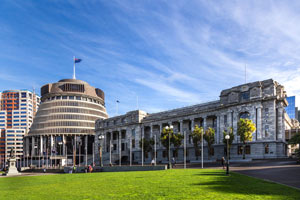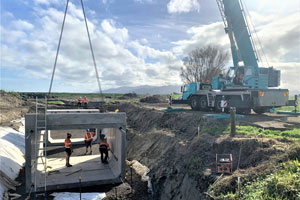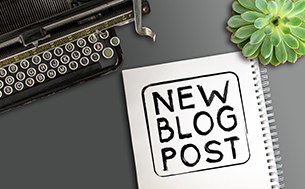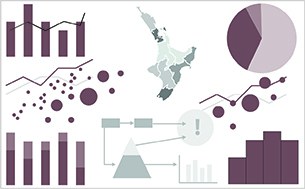Our recent work

Draft annual plan 2025/26
We invite you to provide feedback on our Draft annual plan 2025/26. Our proposed work programme focuses on where we consider we can best influence improvements in public organisations’ performance and accountability.

Reporting on what went well and what didn’t
Current performance information often highlights successes, achievements, and what went well, but usually gives less attention to things that did not go as well or as planned. Being clear about what didn’t go well allows organisations to provide a faithful representation and a balanced story to Parliament, the media, and the public.

How public organisations are fulfilling Treaty settlements
Public organisations need to make a significant shift in the way they manage settlement commitments to realise the potential and purpose that Cabinet and Parliament stipulated in deeds of settlement and settlement Acts.
Our work in progress

Needs of people in immediate housing need
We are looking at how well three government departments understand the needs of people in immediate housing need and connect them to the appropriate support.
Expected in the third quarter of 2025.

Planning for flood protection
We are looking at how Waikato Regional Council and Tasman District Council agree on the levels of flood protection each will provide, and how well they are planning to achieve those levels using flood protection infrastructure.
Expected in mid 2025.

Equitable access to planned care
We are looking at how well Health New Zealand is supporting equitable access to treatment for New Zealanders going through the planned care system.
Expected in the second quarter of 2025.
What we do
The Controller and Auditor-General is an Officer of Parliament. This means he is independent of the Government and can't be directed by whichever political party is holding power.
The Auditor-General has two business units – the Office of the Auditor-General (this site) and Audit New Zealand (auditnz.parliament.nz).
Together, our work gives Parliament and the public an independent view of how public organisations are operating. That independence, along with watching the spending, is why the Auditor-General is sometimes called the public's watchdog.
Here's the video transcript, and there's more information in the About us section.
Read about our priorities
Strengthening our core assurance role
We want to ensure that the public audit system is sustainable in the long term, that we can continue to deliver our mandatory audit and assurance services, and that we can modernise our audit function and respond to changes affecting the audit profession.
Increasing our impact with public organisations
We want to increase our impact by increasing our focus on topics that are important to public accountability. There are key stakeholders in the public accountability system who can influence change, so we will consider how we continue to engage with, support, and build relationships with them to maximise the impact of our work.
Enhancing our impact in te ao Māori
We want to continue to build trust and confidence among Māori in our role, and for our work to have increased relevance to, and impact for, Māori. We also want to influence the public sector to improve the public accountability system to reflect the uniqueness of New Zealand.
What does an auditor do?
An auditor checks that information organisations report annually is reliable, and lets us know if it isn’t. (Here’s the video transcript.)
What is the Controller function?
The Controller checks that money is spent lawfully, and can "turn off the money tap" if it isn't. (Here's the video transcript.)





